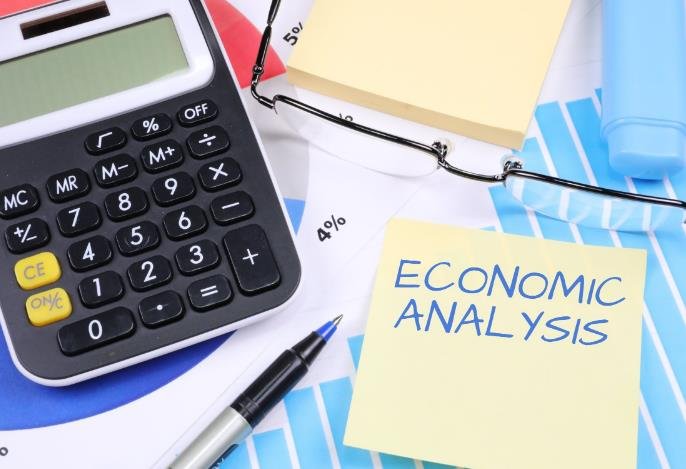Egypt’s sovereign debt, which experienced a significant rally during the first half of the year, is now facing increased scrutiny due to rising geopolitical tensions in the Middle East, social turmoil in Africa, and heightened volatility in financial markets. These factors have led to concerns about the sustainability of Egypt’s economic growth and the potential risks associated with its valuations. Investors are becoming increasingly cautious, weighing the potential rewards against the downside risks. This cautious sentiment underscores the need for a comprehensive assessment of Egypt’s economic outlook and the measures required to mitigate potential risks.

Geopolitical Tensions and Economic Impact
The geopolitical landscape in the Middle East has been a significant factor influencing investor sentiment towards Egypt. The region has witnessed escalating tensions, particularly involving Iran and its proxies, which have raised concerns about the stability of the broader Middle East. These tensions have the potential to disrupt trade routes, impact oil prices, and create uncertainty in financial markets.
In addition to geopolitical tensions, social turmoil in Africa has also contributed to the cautious sentiment among investors. The continent has experienced various challenges, including political instability, social unrest, and economic disparities. These issues have the potential to spill over into neighboring regions, including Egypt, and impact its economic stability.
The combination of geopolitical tensions and social turmoil has led to increased volatility in financial markets. Investors are closely monitoring these developments and reassessing their exposure to Egyptian assets. The heightened volatility has prompted a more cautious approach, with investors seeking to balance potential returns with the associated risks.
Valuation Concerns and Market Sentiment
The rally in Egypt’s sovereign debt during the first half of the year has led to concerns about its valuations. The strong performance of Egyptian assets has raised questions about whether the current valuations are sustainable in the face of rising risks. Investors are becoming increasingly wary of potential overvaluation and the possibility of a market correction.
The cautious sentiment is reflected in the behavior of investors, who are now more selective in their investment decisions. There is a growing emphasis on conducting thorough due diligence and assessing the underlying fundamentals of Egyptian assets. This approach aims to identify potential vulnerabilities and mitigate the impact of downside risks.
Market sentiment is also influenced by external factors, including global economic conditions and monetary policy decisions by major central banks. The tightening of monetary policy in advanced economies has led to a reallocation of capital away from emerging markets, including Egypt. This shift in capital flows has added to the cautious sentiment and increased the pressure on Egyptian valuations.
Mitigating Downside Risks
To address the concerns surrounding valuations and downside risks, it is essential for Egypt to implement measures that enhance economic resilience and stability. One of the key areas of focus should be on improving the business environment and attracting foreign direct investment. By creating a conducive environment for investment, Egypt can diversify its economic base and reduce its reliance on external financing.
Additionally, maintaining a flexible exchange rate regime and adopting prudent fiscal and monetary policies are crucial for mitigating downside risks. These measures can help stabilize the economy, manage inflation, and ensure sustainable economic growth. The support from international partners, including the International Monetary Fund (IMF) and bilateral financial assistance, can also play a vital role in enhancing Egypt’s economic resilience.
Furthermore, addressing social and political challenges is essential for maintaining investor confidence. Efforts to promote social cohesion, political stability, and inclusive economic growth can help mitigate the impact of external shocks and create a more stable investment environment.
In conclusion, the cautious sentiment towards Egypt’s valuations and downside risks highlights the need for a comprehensive assessment of the country’s economic outlook. By addressing geopolitical tensions, social turmoil, and valuation concerns, Egypt can enhance its economic resilience and attract sustainable investment. The implementation of prudent policies and measures to mitigate downside risks will be crucial for maintaining investor confidence and ensuring long-term economic stability.
